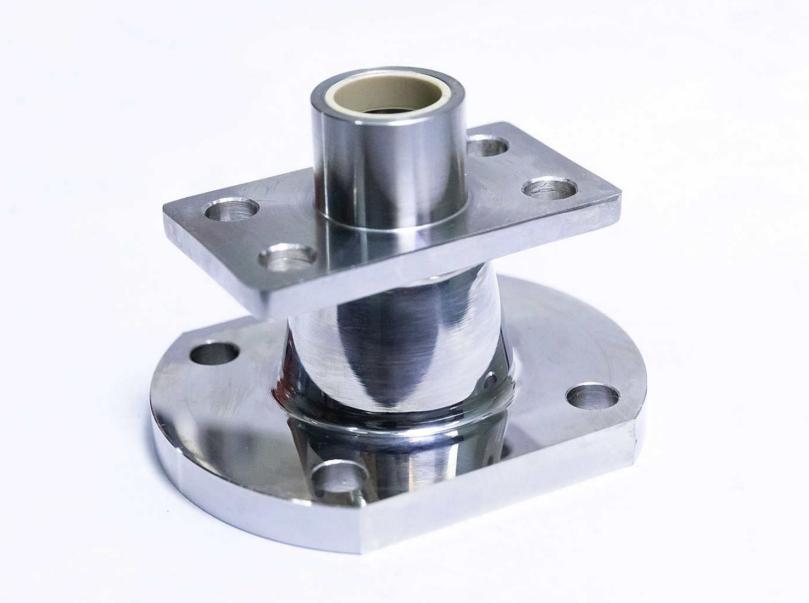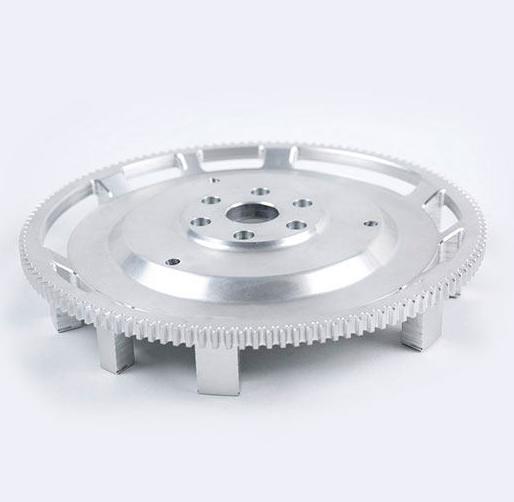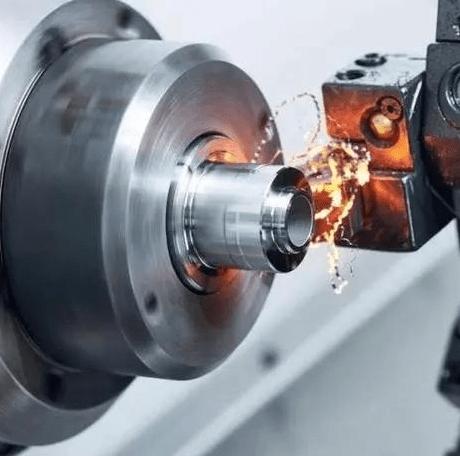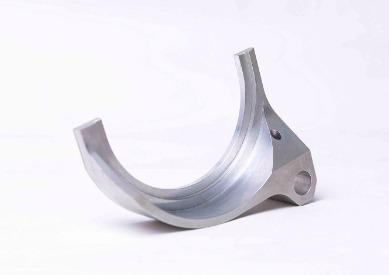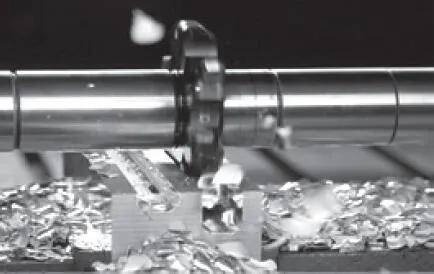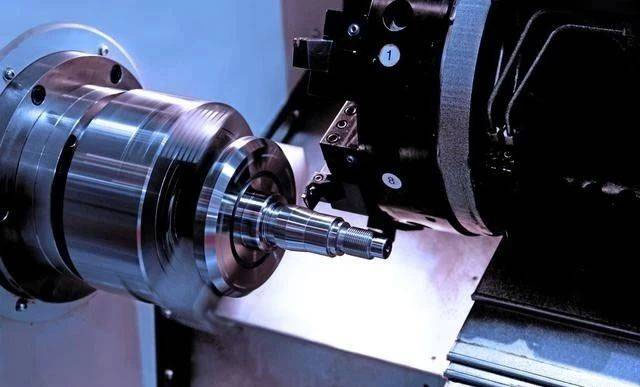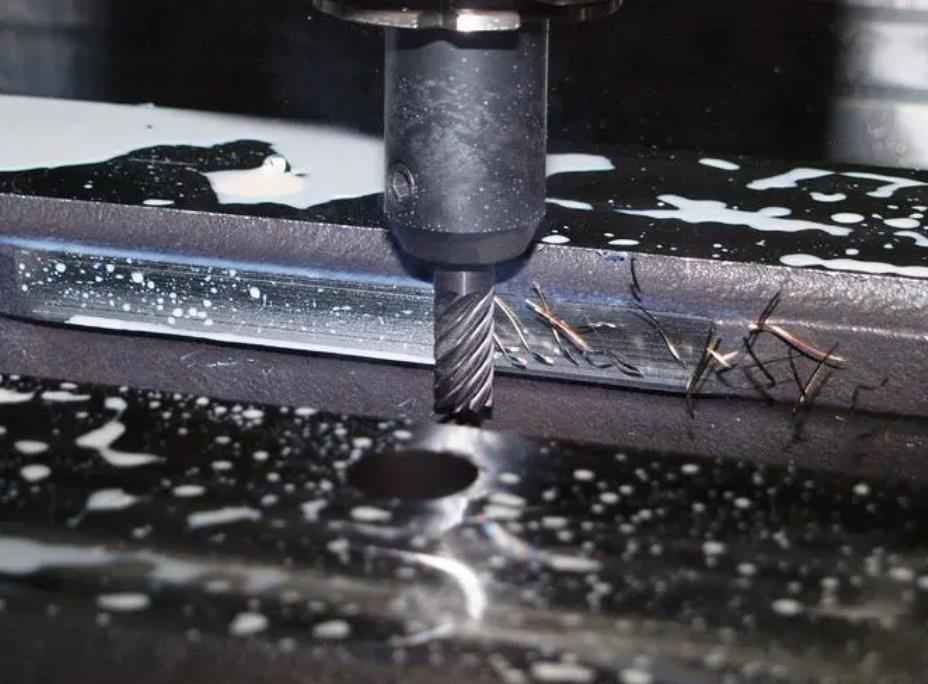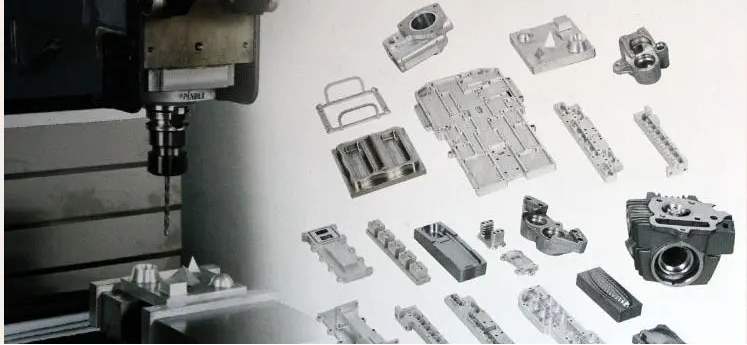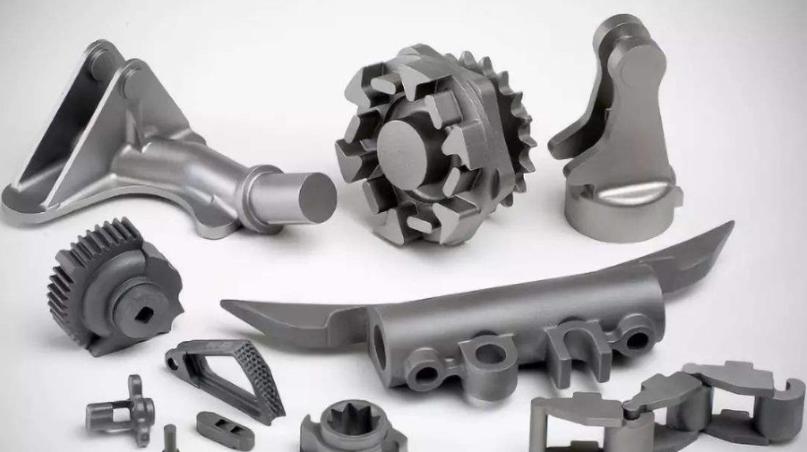In the ever-evolving landscape of the automotive industry, precision engineering plays a pivotal role in enhancing the performance, safety, and efficiency of vehicles. One critical aspect of precision engineering that has gained prominence in recent years is the use of CNC turned parts and components. These finely crafted components have revolutionized the automotive sector, enabling manufacturers to achieve unparalleled levels of precision, durability, and performance in their vehicles.
CNC turned parts, or computer numerical control turned parts, refer to components that are created through a machining process driven by computer-controlled machinery. This manufacturing technique has become indispensable in the automotive industry due to its ability to produce intricate and precise parts with consistency and reliability. Let’s delve deeper into how CNC turned parts have transformed the automotive sector.
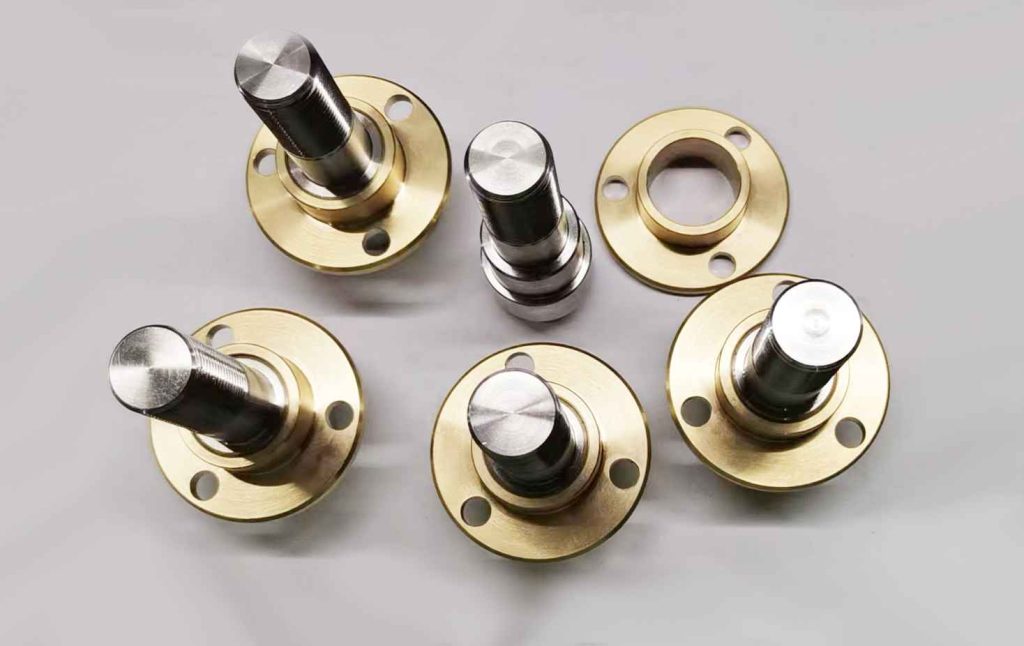
1. Precision Engineering of Automotive Turned Components
Precision is the cornerstone of modern automotive engineering, as even the slightest deviation in component dimensions can affect a vehicle’s overall performance and safety. CNC turned parts are renowned for their precision and accuracy, making them an ideal choice for critical components within an automobile.
The CNC machining process involves using computer-controlled tools to remove material from a workpiece with remarkable precision. This level of accuracy ensures that each turned part meets exact specifications and tolerances, resulting in a cohesive and reliable vehicle assembly.
2. Enhanced Performance of Automotive Turned Components
In the automotive industry, every ounce of performance improvement matters. Whether it’s achieving better fuel efficiency, optimizing engine power, or enhancing handling characteristics, CNC turned components are instrumental in driving performance enhancements.
One prominent example of CNC turned parts’ impact on performance is in engine manufacturing. Engine components like crankshafts, camshafts, and pistons require exceptional precision to ensure smooth operation. CNC machining allows for the creation of these critical parts with incredibly tight tolerances, reducing friction and improving overall engine efficiency.
Furthermore, CNC turned parts are used to create suspension components such as control arms and steering linkages. These components are pivotal for a vehicle’s stability and handling. The precision afforded by CNC machining ensures that these parts are perfectly balanced, leading to improved ride quality and safety.
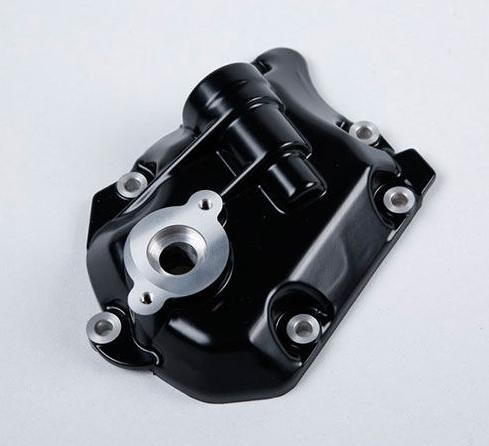
3. Durability and Reliability of Automotive Turned Components
Automobiles are subjected to a wide range of environmental and mechanical stresses, from extreme temperatures to road vibrations and impacts. To withstand these challenges, automotive components must be durable and reliable. CNC turned parts excel in this regard.
The machining process allows for the use of high-quality materials like stainless steel, aluminum, and various alloys, which are known for their strength and resilience. These materials, combined with CNC precision, result in components that can endure the harshest conditions while maintaining their structural integrity.
Additionally, CNC turned parts undergo rigorous quality control measures to ensure they meet or exceed industry standards. This commitment to quality translates into vehicles that are more reliable, have longer lifespans, and require fewer repairs, ultimately saving consumers time and money.
4. Efficiency and Cost-Effectiveness of Automotive Turned Components
Efficiency and cost-effectiveness are paramount concerns for automotive manufacturers. CNC turned parts offer significant advantages in both of these areas.
The automation of CNC machining processes reduces the need for manual labor, leading to faster production times and lower labor costs. Additionally, the high precision of CNC machining minimizes material waste, further contributing to cost savings.
Furthermore, the consistency and repeatability of CNC machining result in fewer defects and rejects, reducing the need for rework and minimizing production downtime. This efficiency not only streamlines manufacturing processes but also ensures a consistent level of quality across all components.
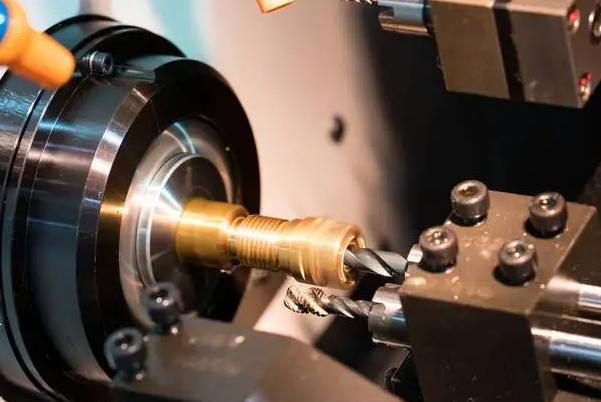
5. Customization and Innovation of Automotive Turned Components
The automotive industry is highly competitive, and manufacturers are constantly seeking ways to differentiate their products. CNC turned parts facilitate customization and innovation in vehicle design and functionality.
CNC machining allows for the creation of intricate and complex geometries that were previously unattainable with conventional machining methods. This enables designers to push the boundaries of automotive engineering, creating components that optimize aerodynamics, reduce weight, and improve vehicle aesthetics.
Furthermore, CNC machining offers flexibility in prototyping and rapid development, enabling automotive manufacturers to iterate designs quickly and bring innovative features to market faster. This ability to stay at the forefront of technological advancements is essential in the fast-paced automotive industry.
Conclusion
As the automotive industry continues to evolve and embrace new technologies, CNC machining will undoubtedly remain a cornerstone of precision engineering, driving advancements in vehicle design, safety, and performance. CNC turned parts manufacturers possess cutting-edge CNC turning machines and employ teams of skilled engineers and machinists. These manufacturers collaborate with automotive companies to design, prototype, and produce precision turned components. They are not merely producers but also sources of invaluable engineering expertise. They offer insights to optimize designs for manufacturability and cost-effectiveness, ensuring that the end product meets the industry’s highest standards.
In conclusion, CNC turned parts and components have revolutionized the automotive industry by providing precision, performance, durability, cost-effectiveness, and innovation. These finely crafted components play a pivotal role in the creation of vehicles that meet and exceed the expectations of modern consumers, ensuring that the vehicles of today and tomorrow deliver on the promise of precision and performance.


